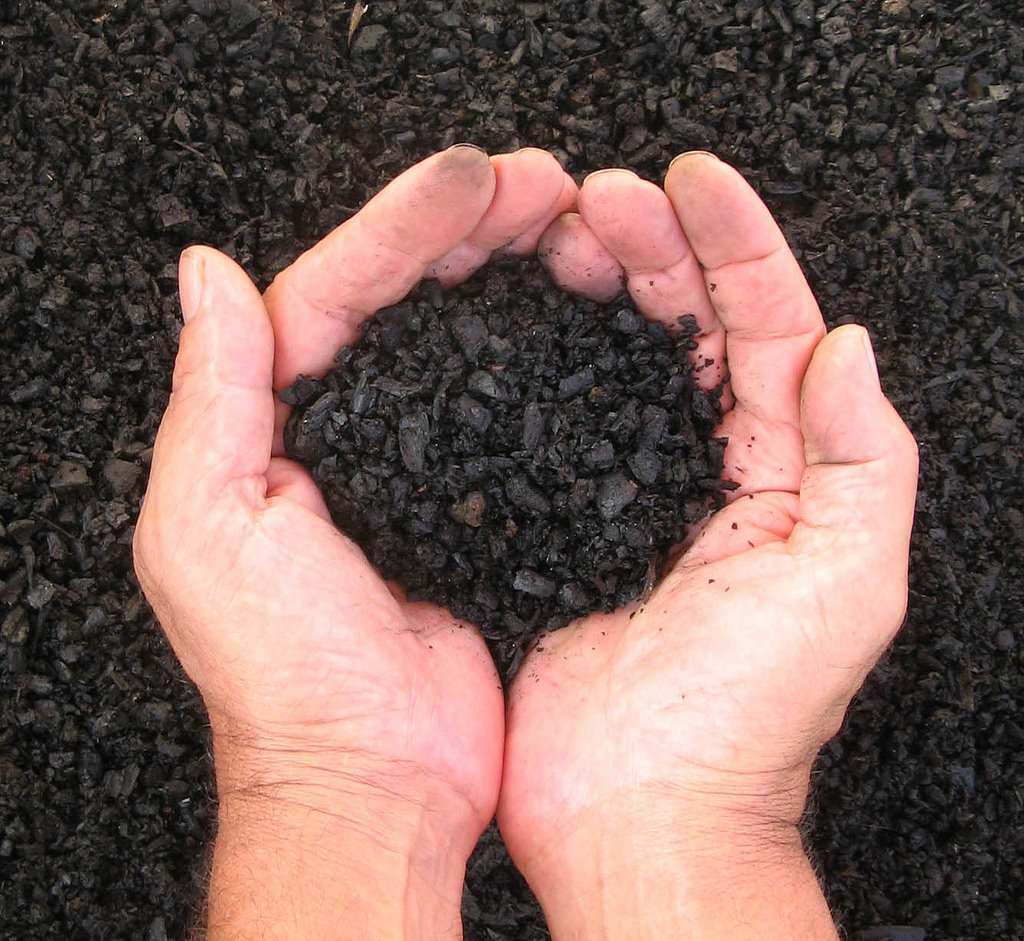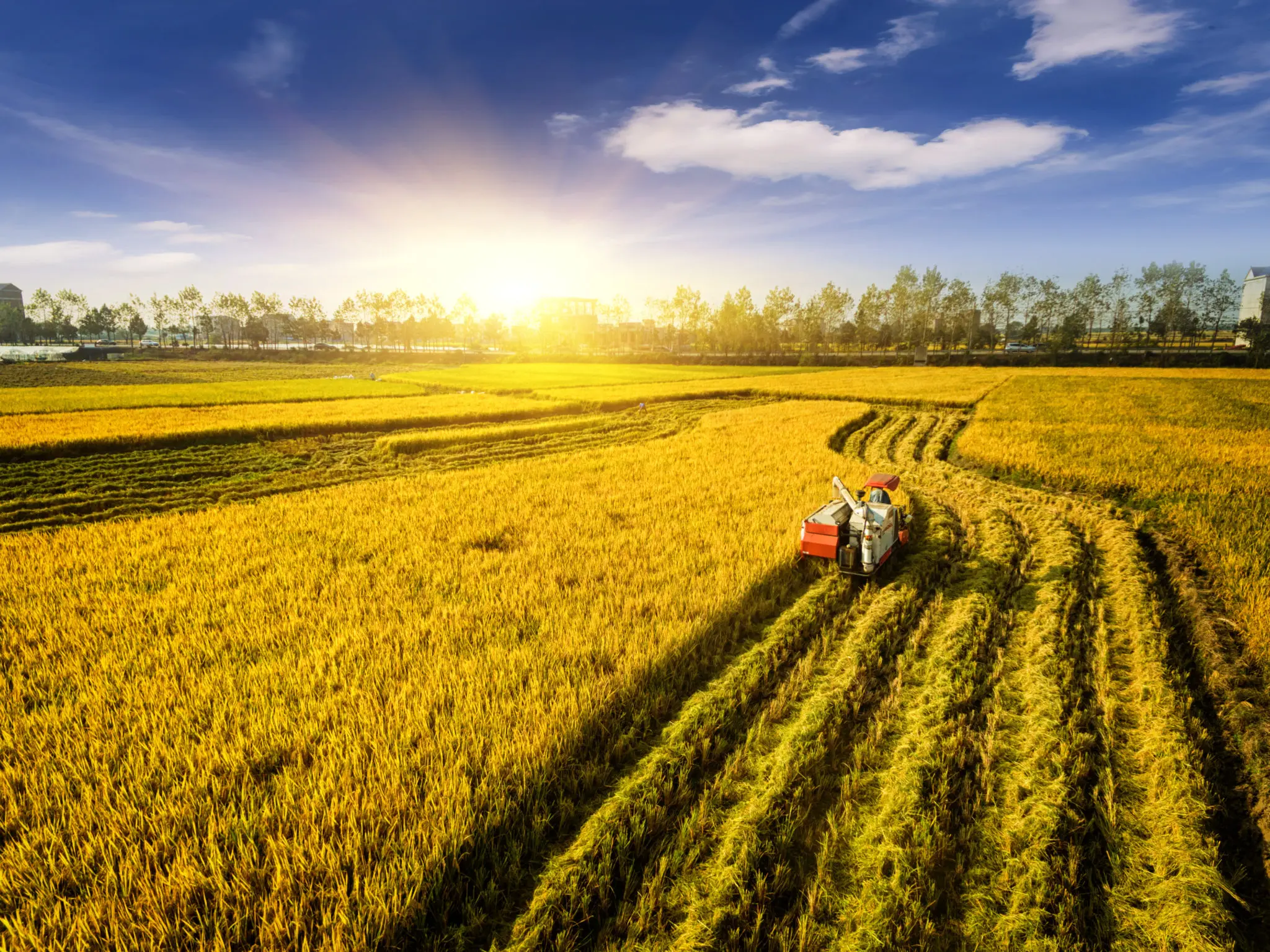Soil degradation and depletion of nutrients are pressing challenges faced by farmers around the world. Traditional agricultural practices, such as excessive tilling and heavy chemical use, have led to soil erosion, loss of organic matter, and decreased fertility. In recent years, mobile biochar production has emerged as a promising solution to address these issues. This article explores the concept of mobile biochar production and its potential for soil enrichment, highlighting its benefits, applications, and future prospects.
Understanding Mobile Biochar Production
Mobile biochar production involves the conversion of biomass into biochar through mobile biochar machine that occurs in the absence of oxygen. Unlike stationary biochar production, mobile units offer the advantage of portability, enabling on-site production and immediate application of biochar to the soil. These units can be transported to different locations, allowing farmers to target specific areas in need of soil improvement.

The Benefits of Biochar for Soil Enrichment
Biochar, a stable carbon-rich material, enhances soil fertility and productivity in several ways. It improves water retention capacity, reduces nutrient leaching, and promotes microbial activity. Additionally, biochar serves as a long-term carbon sink, sequestering carbon dioxide and mitigating climate change. Its porous structure provides refuge for beneficial microorganisms and acts as a habitat for soil fauna. By amending soil with biochar, farmers can create a sustainable and resilient agricultural system. The coconut shell charcoal machine can be applied for making coconut shell charcoal for soil improvement.
Applications of Mobile Biochar Production
Mobile biochar production units find applications in various agricultural settings. In small-scale farming systems, they can be used to convert crop residues, animal manure, and other organic waste into biochar, reducing waste disposal problems and generating valuable resources. Mobile units are also effective in forestry operations where forest residues can be transformed into biochar, minimizing the risk of wildfires while simultaneously enriching the soil.

Case Studies on Mobile Biochar Production
This section presents real-world examples of successful mobile biochar production initiatives. It highlights case studies from different regions, such as Africa, Asia, and North America. These studies examine diverse applications of mobile biochar units, ranging from improving soil fertility in degraded agricultural lands to restoring fire-damaged ecosystems. The outcomes and lessons learned from these projects demonstrate the potential of mobile biochar production in addressing soil degradation challenges.
Challenges and Future Prospects
While mobile biochar production holds great promise, it also faces certain challenges. One obstacle is the high initial investment required for acquiring wood charcoal manufacturing machine and setting up the necessary infrastructure. Additionally, the education and awareness about biochar’s benefits need to be strengthened among farmers and policymakers to encourage widespread adoption. However, with advancements in technology, reducing costs, and increasing environmental consciousness, mobile biochar production is expected to gain momentum and become an integral part of sustainable soil management practices.
Conclusion
Harnessing the power of mobile biochar production for soil enrichment offers a sustainable and innovative approach to address soil degradation and nutrient depletion. By converting organic waste into biochar and implementing on-site application, farmers can improve soil health, increase crop productivity, and contribute to carbon sequestration efforts. While challenges exist, the potential benefits and success stories from various projects around the world showcase the viability and effectiveness of this technology. It is crucial for stakeholders, researchers, and policymakers to collaborate and support the development and adoption of mobile biochar production systems, ensuring a more sustainable and resilient future for agriculture and the environment.
The applications of mobile biochar production are diverse, ranging from small-scale farming systems to forestry operations. By converting crop residues, animal manure, and other organic waste into biochar, these units help address waste disposal issues while generating valuable resources. Additionally, mobile biochar units can be utilized in restoring fire-damaged ecosystems and improving soil fertility in degraded agricultural lands.
Real-world case studies from different regions have demonstrated the effectiveness of mobile biochar production in addressing soil degradation challenges and promoting sustainable agriculture. Despite challenges such as initial investment costs and the need for increased awareness among farmers and policymakers, advancements in technology and growing environmental consciousness are expected to drive the widespread adoption of mobile biochar production systems.
Collaboration among stakeholders, researchers, and policymakers is crucial to support the development and implementation of mobile biochar production initiatives. By doing so, we can create a more sustainable and resilient future for agriculture and the environment. Harnessing the power of mobile biochar production offers an innovative pathway towards soil enrichment, improved food security, and climate change mitigation. It is an essential tool that can contribute to building healthier soils and fostering a greener and more sustainable planet for generations to come.